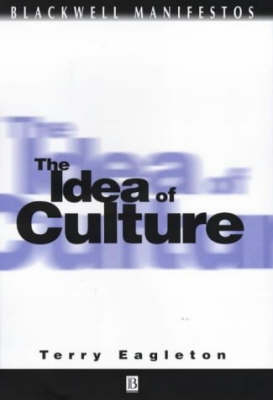
Another response to Merv Nicholson’s post earlier today:
Mervyn, I agree with you that in Frye’s thinking the social function of literature plays a central role. But I think that quite a few other thinkers address the question as well. I don’t agree that the social function of literature is rarely discussed after the 1970s. For example, feminist criticism has concerned itself with the way that literature functions to model gender roles, in both negative and positive ways. For some of feminists, literature is, as you say, “part of a democratic and emancipatory struggle.” Similarly, the revival of an ethical theory of literature looks back to its humanist function of instructing as well as delighting: providing for instance imagined situations through which we can think about concepts such as justice, or forgiveness.
The histories of literary studies of critics such as Chris Baldick and Terry Eagleton have been widely influential in the last couple of decades, and they cast a jaundiced eye on the “social mission” that they claim literary studies had in its formative years. But even if they view it in negative terms, they still concede that there was a social function. Presumably they would also think that there could be a different one, which promoted their values and beliefs.
In his thinking about the function of literature, Frye draws on Sidney, Shelley, and Arnold, to name some of the most important examples. That makes him different from many recent critics, but I would argue that it puts him in a particular tradition of literary humanism. (Forgive me for being repetitive: I know that I said something similar in response to one of your posts on desire.)
